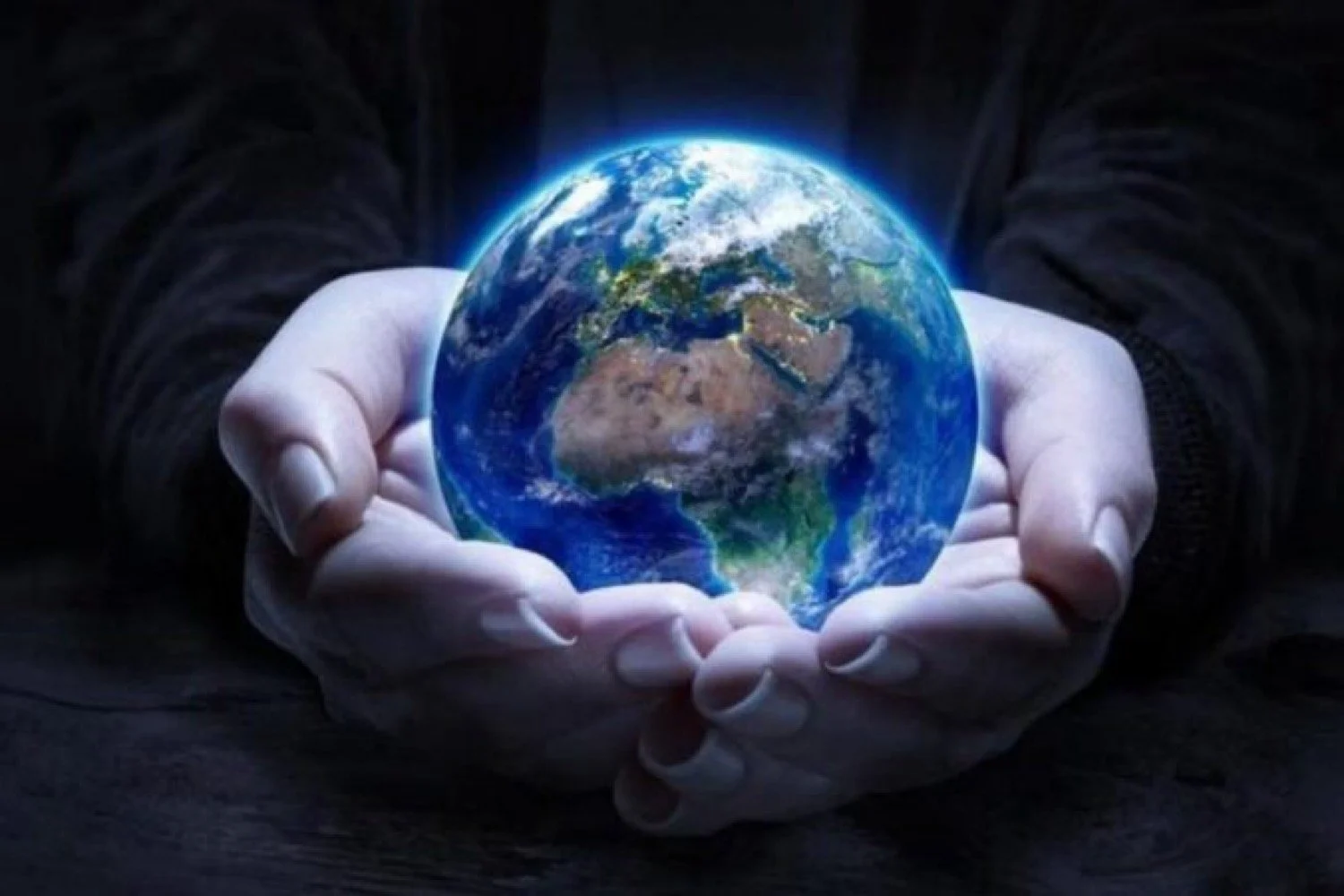Readings for today: Hosea 1-5
I’ve been a pastor for over twenty years and have spent countless hours counseling people through all sorts of painful circumstances and tragic life events. Death. Terminal illness. Addiction. Abuse. Criminal activity. The breakdown of marriages and families. Honestly, I’ve just about seen it all. One of the worst, in my experience, is helping couples deal with the pain of marital unfaithfulness. There is nothing quite like it. The betrayal of the most intimate relationship one can have in this life cuts a relationship to the heart. The breakdown of trust makes recovery almost impossible. And while with God all things are possible, the burden is too much to bear for most couples and they end up splitting over the affair most of the time.
This is one of the many reasons to read and meditate on the Book of Hosea. Hosea is called to an impossibly shameful life. He is called to marry a prostitute. He is called to give his children horrible names. He is called to live his life publicly in front of Israel with the hope that what he endures will be seen as analogous to what God is enduring through His covenant with His people. Imagine the pain Hosea has to endure. Imagine the heartbreak he experiences on a daily basis. Imagine the suffering he undergoes as he seeks to serve God with all his heart. Don’t let anyone ever tell you again that “God won’t give you more than you can handle.” Hosea absolutely begs to differ!
And yet, all is not lost in this story. Throughout there are signs of God’s great faithfulness even in the face of our great unfaithfulness. Though we abandon God to chase after idols. Though we worship so many other things other than Him. Though we give our heart and our resources to other gods, God will not let us go. He continues to pursue us no matter how many different lovers we take. He continues to search for us on the slave blocks of this life. And when He finds us, He redeems us and brings us back home. Not only that but God promises there is a day coming where “Yet the number of the Israelites will be like the sand of the sea, which cannot be measured or counted. And in the place where they were told: You are not my people, they will be called: Sons of the living God. And the Judeans and the Israelites will be gathered together. They will appoint for themselves a single ruler and go up from the land. For the day of Jezreel will be great.” (Hosea 1:10-11 CSB)
Make no mistake, our unfaithfulness to God is painful to Him. It is heartbreaking on levels we cannot begin to understand. The story of the Bible is the greatest love story of all time. It’s also the greatest tragedy of all time. It’s the story of God’s pursuit of a people who reject Him and mock Him and ignore Him and abandon Him. But He never gives up. No matter how much pain He endures. No matter how much He suffers. No matter how much heartbreak He must undergo. He will never stop until He wins back the deepest affections of our hearts. That’s truly the message of the cross.
Readings for tomorrow: Hosea 6-9




